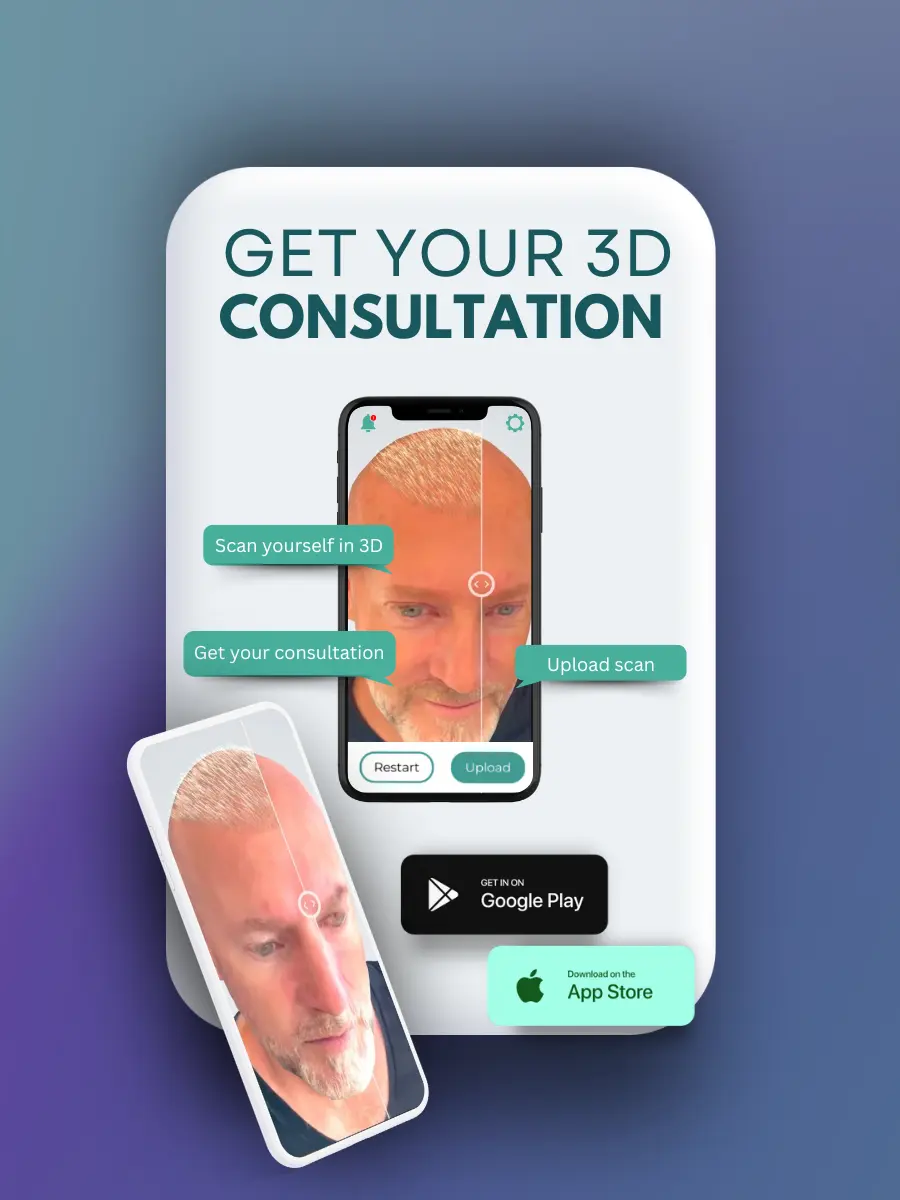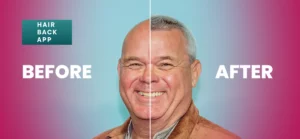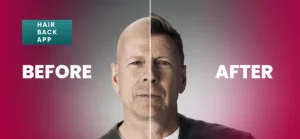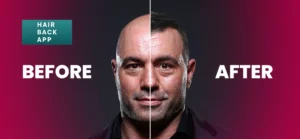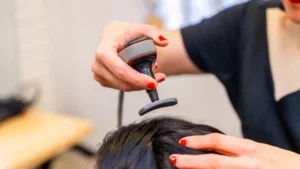Hair transplants mental health is an often overlooked aspect of the procedure. While much attention is paid to the physical changes that occur, the emotional and psychological impact of hair restoration is just as significant.
Undergoing a hair transplant can be a transformative experience, but it also brings its own set of emotional challenges.
From the anxiety before the procedure to the adjustments needed as results begin to show, hair transplants mental health plays a crucial role in the overall recovery and satisfaction with the outcome.
My name is Emma Wright, your resident hair restoration specialist. Today, we’ll be discussing Hair transplants mental health. In this article, we will explore the emotional aspects of hair transplantation, offer strategies for managing post-surgery anxiety, and provide tips for adjusting expectations throughout the healing process.
The Emotional Journey of Hair Transplants Mental Health
Deciding to undergo a hair transplant is often motivated by a desire to improve one’s appearance and boost self-esteem. However, the mental health journey doesn’t end once the procedure is completed. In fact, the emotional effects can be just as profound as the physical results.
Patients may experience a range of emotions both before and after the surgery. Anxiety before the procedure is not uncommon. Individuals may worry about how the surgery will impact their appearance, whether they’ll be happy with the final results, or how others will perceive their new look.
The post-surgery period can also bring unexpected emotional challenges. As hair begins to grow, patients often face concerns about the rate of growth, potential shedding, and their evolving hairline design. It’s essential to acknowledge these emotional factors and find healthy ways to cope.

Coping with Post-Surgery Anxiety in Hair Transplants Mental Health
One of the most common emotional experiences after a hair transplant is anxiety. As the transplanted hair begins to grow, it is normal for patients to feel nervous or stressed about the results.
Hair transplants mental health often involves navigating the fear of disappointment, especially when the early stages of recovery can involve temporary shedding or slow hair growth.
Here are a few strategies for coping with post-surgery anxiety related to hair transplants mental health:
- Set Realistic Expectations: Understanding that hair transplants are a gradual process is crucial. The hair growth cycle involves shedding and regrowth, which can take several months. Managing your expectations can help alleviate the anxiety that comes from waiting for visible results. Hair growth can vary from person to person, and temporary setbacks like shedding are normal.
- Stay Connected with Your Surgeon: Regular check-ins with your surgeon throughout the recovery period are key. These consultations will allow you to track progress and address concerns, alleviating stress and enhancing your sense of control. Discussing your concerns about hair transplants mental health with your surgeon will ensure you’re not navigating this journey alone.
- Practice Stress-Reduction Techniques: Mindfulness exercises such as meditation and deep breathing can significantly reduce anxiety and promote emotional stability. These techniques help patients cope with the mental strain associated with hair transplants mental health, encouraging a calm and patient mindset during the healing process.
- Support from Others: Reaching out to others who have undergone the procedure can be comforting. Hearing about their experiences can provide reassurance and reduce feelings of isolation. Hair transplants mental health can often benefit from shared experiences, as you realize you’re not alone in your emotional journey.
Managing Expectations: Key to Hair Transplants Mental Health
Managing expectations is essential in maintaining hair transplants mental health. Hair transplants don’t produce instant results. Understanding that the process is gradual and that hair will go through several stages before reaching its full potential is important for keeping mental health intact.
The hair growth cycle can involve phases where the transplanted hair falls out before regrowing, and this can be alarming for many patients. With this in mind, it’s crucial to adjust your expectations and appreciate the incremental progress. Understanding your hairline design and hair growth patterns is vital in keeping expectations realistic, thus fostering better emotional health throughout the process.
- Educational Consultation: Before undergoing surgery, thorough education about the procedure and the hair growth cycle will help patients set realistic goals. Knowing that results can take months will reduce the pressure and the anxiety related to immediate results.
- Patience is Key: Understanding the time it takes for hair to grow back—combined with recognizing the hair growth patterns that may differ from one person to another—will help manage emotional health. The idea that hair growth takes time allows patients to focus on the positive changes that will occur, rather than seeking instant gratification.
- Gradual Improvements: The post-surgery period can be discouraging if results don’t appear immediately, but patients must be patient and allow time for hair transplants mental health to flourish. Gradual improvements are worth celebrating, and this mindset can reduce anxiety.
Nourishing Hair for Healthy Growth
Proper nutrition plays an essential role in the success of hair transplants and the overall health of hair. After surgery, it’s important to maintain a balanced diet to encourage healthy hair growth.
Certain vitamins and minerals, such as biotin, vitamin D, zinc, and omega-3 fatty acids, are particularly beneficial for hair health. These nutrients support the hair follicles, promoting stronger and healthier hair.
In addition to promoting hair growth, a healthy diet helps maintain the body’s overall healing process after surgery. Proper hydration, adequate protein intake, and essential fatty acids can also enhance the body’s ability to recover and encourage new hair growth.
The Impact of Hair Transplant Innovation on Mental Health
Hair transplant innovation has revolutionized the industry, leading to better results with fewer complications and faster recovery times. As new techniques emerge, the impact on hair transplants mental health becomes more positive.
The use of advanced methods, such as Follicular Unit Extraction (FUE) and Robotic Hair Transplants, has made the procedure more efficient, resulting in minimal scarring and more natural-looking results.
These advancements allow patients to feel more confident and reassured, which can greatly enhance their emotional well-being throughout the recovery process.
Conclusion: The Full Journey of Hair Transplants Mental Health
While the physical transformation that comes with a hair transplant is rewarding, the emotional journey is equally significant.
Hair transplants mental health involves managing anxiety, setting realistic expectations, and adjusting to the gradual changes that come with hair regrowth. By staying informed, practicing stress-reduction techniques, and prioritizing nutrition, patients can better navigate this process.
Remember, hair transplant innovation has made incredible strides, making the emotional experience easier for many. Understanding the process, embracing gradual changes, and focusing on both physical and emotional recovery will ultimately lead to a more confident and empowered self.

